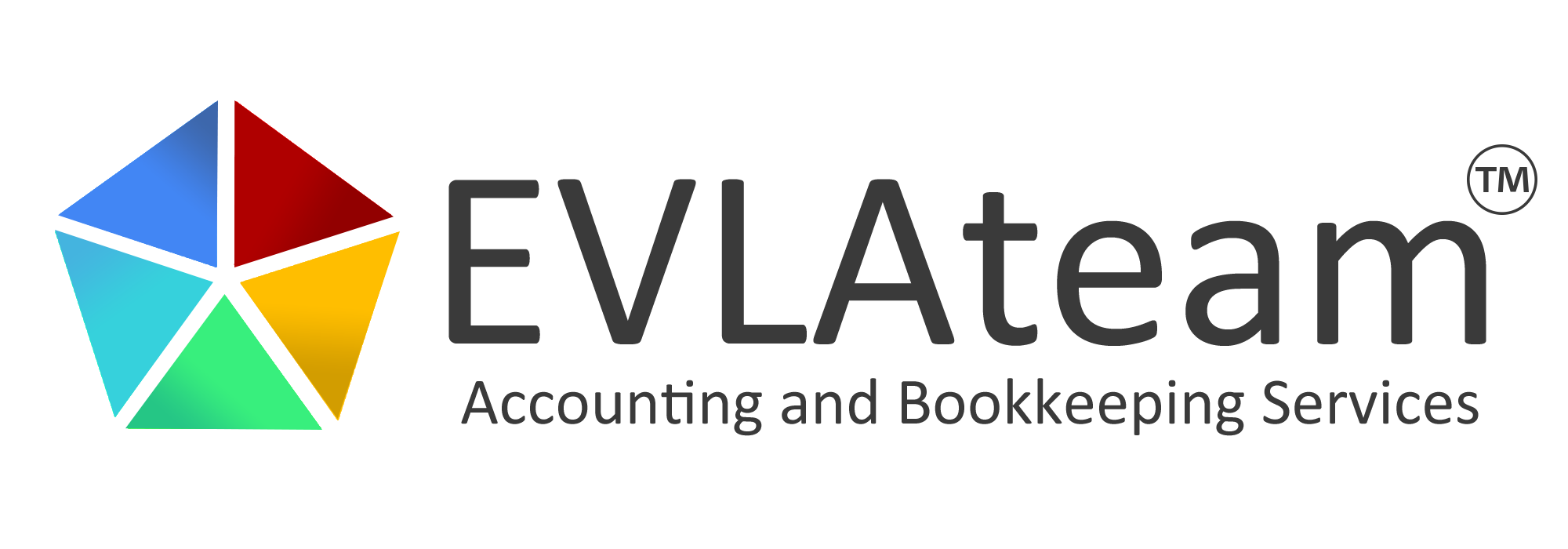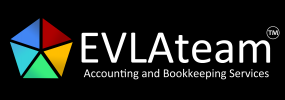Allowable expenses in a Limited Company
This is a summary of allowable business expenses, which will help you save money by giving you detailed instructions about exactly what you can claim as business expenses - and how to do it.
Knowing these data might well save some of the personal tax you pay.
When claiming back expenses, any business expenditure which you paid personally can be paid back to you as the director of a limited company by your business as and when you choose. Your company will receive tax relief for any other business expenses.
The general rule is that you can claim any expense as a business expense which was for ‘wholly and exclusively business purpose’.
Why is it important?
The higher your business expenses are, the lower your company profits and tax will be.
Before you can take a dividend from your company, you must pay Corporation Tax on any profits made. Your allowable business expenses reduce the amount of profit which is liable for Corporation Tax.
Remember to keep the evidence for your expenses in order, on everything you claim. You should be able to present those upon request, for six years after the end of your company’s financial year.
Claiming limited company expenses
Your company’s expenses can be paid in two ways:
- directly from the company bank account or
- as a ‘reimbursed expense’ meaning expenses paid back to you, when purchased out of your own pocket.
For expenses paid back to you by your company, directors are able to refund themselves at any time from the company’s accounts, but must keep receipts to justify the expenses. You can only claim ‘allowable expenses’ which are ‘wholly and exclusively’ incurred in the performance of your duties as a director of the company.
When there’s a dual purpose to your expenses (i.e. there’s an element of personal usage) perhaps you won't be able to include the expenses in your accounts. There are exceptions, however, for example if the dual purpose is only secondary because of a business necessity. In these cases the claim may be valid, such as protective work clothes or a company uniform which could also be used personally.
MOST GENERAL BUSINESS EXPENSES
Direct cost of sales
Any goods or services which you bought for resale, as a stock or materials or used to provide your services are allowable expenses. It includes the delivery of these goods and any commission or retail agent fees.
Employee costs
If you employ anyone or withdraw salary from your own company in the PAYE system, that will be a fully allowable business expense. Do not try to pay anyone “out of pocket” because you will not be able to use that as a business expense and you will have to pay the tax after that additional profit (not to mention it is not legal either)
Rent and utilities
Any expense spent on an industrial property (office, office space, storage, factory, etc) is an allowable expense including the Business Rates and utility fees payable. If you have to renovate the business space, that is also an allowable expense. Please note that the industrial business space would not be acceptable as a living space.If someone lives in the property there are different rules apply.
Accountancy fees
You can claim tax relief for the full cost of your company’s accountancy fees if the accountants’ time is being spent working only on your company’s matters. If the accountants provide advice or spend time working on your personal affairs (such as preparing your personal tax return) this can be included in your accounts. But this will increase your personal Income Tax as it is considered as a benefit, other than salary. There could be many other benefits and there is an abbreviation summarising all kinds in this category: so called BIKs ‘benefits in kind’. Your company will pay National Insurance Contributions at 13.8% on the BIK.
Business travel and accommodation
You can claim expenses for accommodation when you travel to a temporary location for business purposes if the expense is reasonable and not too generous. It might be a problem if you choose super expensive luxury hotels, or apartments with more than one bedroom when you travel alone.
Business mileage
You can claim your travel expenses when all the following conditions apply:
- You’re responsible for paying the travel costs.
- The travel we are talking about is necessary for your work, i.e. your attendance at the destination is mandatory
- The travel should not be ‘ordinary commuting’, meaning it shouldn't be a journey you make frequently between your home and permanent workplace.
If you use your personal vehicle for business travel and the 3 conditions above stand you can claim at these rates:
- 45 pence/mile for cars and vans up to 10,000 miles
- 25 pence/mile for cars and vans over 10,000 miles
Please make sure that you keep a mileage log and receipts of refuelling. We can help you with spreadsheet forms. Please feel free to get in touch and ask for them.
Advertisement
Any advertisement, marketing or PR expenses are allowable expenses. If you sponsor some events and your company name and logo appear as a sponsor that would qualify as a promotional expense too.
Professional fees
If your business activity requires any membership fees or licences you can use those as business expenses too. Also any legal fees regarding your business activity can be used as an expense.
Bank fees
Bank fees on your business account statement are allowable business expenses. Interest charges on business loans also qualify.
Charity
Your limited company pays less Corporation Tax when it donates any of the following to charity. You will need to deduct the value of those donations from your taxable profit.
- money
- any equipment or trading stock which your company makes or sells
- land, property or shares in another company (shares in your own company don’t qualify)
- employees (sent to help on a temporary basis, this is called secondment)
- sponsorship payments.
Christmas party and staff events
Your company can host an annual event (and it is usually the Christmas party) as a tax-free benefit, if you meet certain conditions.
Your employees may invite a partner but you must not exceed expenditure of £150 per head (including VAT). The event must cater mostly for staff. For example, expenses for one director and a plus one would be acceptable and would give you a budget of £300.
It is important to know that the £150 amount is an annual limit and can cover several events for staff.
The costs of company formation
The costs of setting up your company are business expenses and you can claim tax relief on them. This covers all the relevant expenses, anything from printing to supplying the necessary equipment for your company. Any accountancy fees or mandatory formation costs you pay can also be claimed.
Entertainment expenses and gifts
Generally speaking, expenditure on business entertainment or gifts is not allowable as a deduction against profits, even if it is a genuine expense of your trade or business. Tax relief is therefore not available.
If you had to pay for the cost of business entertainment, you may be able personally to claim the expense which occurred in the performance of your duties as a director. These costs would not diminish the company profits though, when you calculate the taxes.
Equipment
The cost of anything that is necessary and essential for your duties as a director or for your staff will receive tax relief. This covers computers, printers and software or office furniture.
Eyesight tests and glasses, contact lenses
You can claim for vision tests if they are necessary for the use of visual display equipment in your duties. Note that they must be prescribed during your time at work, specifically for ‘monitor or screen work’.
General office purchases
Minor purchases of goods with receipts that are necessary and used wholly and exclusively in the performance of your duties are claimable. E.g. postage costs, cables, batteries or a mouse for your computer and office stationery.
Gifts and trivial (little value) benefits
You don’t need to pay tax or National Insurance or let HMRC know about a gift or benefit for your employee if all of the following apply:
- it cost you £50 or less to provide
- it isn’t cash or a cash voucher
- it isn’t a reward for their work or performance
- it isn’t in the terms of their contract
This is known as a ‘trivial benefit’.
Medical insurance
Your company may provide financial support towards medical insurance for employees in the form of either medical insurance for an employee working abroad, or by sponsoring an annual check-up. This is a ‘benefit in kind’ and the tax rules apply as in the case of other BIK categories, mentioned above.
Pensions
For this your company needs to set up a contract with a pension provider, then it can make payments into your pension and receive 100% tax relief as an allowable business expense, up to £40,000/person. Please note that you cannot contribute more to a pension scheme, as a private person.
Subscriptions to professional bodies
Claims to certain HMRC approved professional bodies which are relevant to your employment are allowed. Refer to the list by HMRC before you claim it back.
Mobile telephone, landline and broadband
If your landline phone contract is only for business use, this is an allowable company expense. This is shown by having a separate phone line exclusively for ‘business only’. In the case of mobile phones, if the contract is between the company and the mobile phone provider, the company can claim all costs as an allowable expense.
If your company pays your entire personal phone bill, you’ll have to pay a ‘benefit in kind’ (BIK) charge on the total amount of the bill, and your company will pay National Insurance Contributions at 13.8% on the same amount (minus the cost of any business calls you can identify).
If you make a claim for the business only calls made on your personal mobile or landline phone bill, this is an allowable expense if you can prove it was a business call. You can also reclaim the VAT element of the business calls (if you‘re VAT registered), but you won’t be able to reclaim any part of the line rental, as you would have this cost anyway.
It can be difficult to separate the cost of business calls, because phone operators package call costs (e.g. ‘up to 2,000 free monthly minutes’). You need to be able to separate the business element of your personal mobile phone usage, in order to claim. You can also check to see if any business calls you make incur extra costs on top of the tariff you already pay for personal calls.
Broadband
If you do some of your work from home, using your residential broadband, you cannot make a claim if the broadband was already in place, unless you can clearly split the business from the personal element. Having two broadband lines could show one line is 100% for business.
Your home as office
Working through a limited company if you work from home, HMRC allows you to claim £4 each week without keeping any detailed records.
For this you need to be able to prove that you regularly spend time doing your job in this office space, so you can’t just use your home office for a small bit of administration while the majority of your work is done on-site or at clients' offices.
Renting your office to your business
You can rent your personal work space in your home to your limited company and claim that as an expense. You’ll need to declare these earnings on your Self-Assessment though, because it's an income for you as an individual.
In order to do this you will need to:
- own the property
- make sure any amount over £208 a year is classified as rental expenses
- create a rental agreement between yourself and your limited company and make sure it states that the rent is specifically for use of the office at certain times of the day, and nowhere else within your house is used
- make sure the rent you set is reasonable.
Your calculation should be ‘fair and reasonable’.
Training
You can claim for training that is aimed at improving the skills you apply in your work. Additionally, you can claim travel and accommodation while attending a training course.
Courses like MBAs are generally not accepted by HMRC, as these studies typically offer new skills and knowledge rather than building on existing skills. In some cases they are allowed, but only if you demonstrate that they are refreshing or improving your existing knowledge/skills.
Travel & related costs
If you have to travel for your work you may be able to claim tax relief on the cost or money you’ve spent on food or overnight expenses. You can claim tax relief for money you’ve spent on things like:
- public transport costs
- hotel accommodation if you have to stay overnight
- food and drink
- congestion charges and tolls
- parking fees
- business phone calls and printing costs.
Note that in order to claim you need to be travelling to a temporary location of work, as opposed to ordinary commuting.


